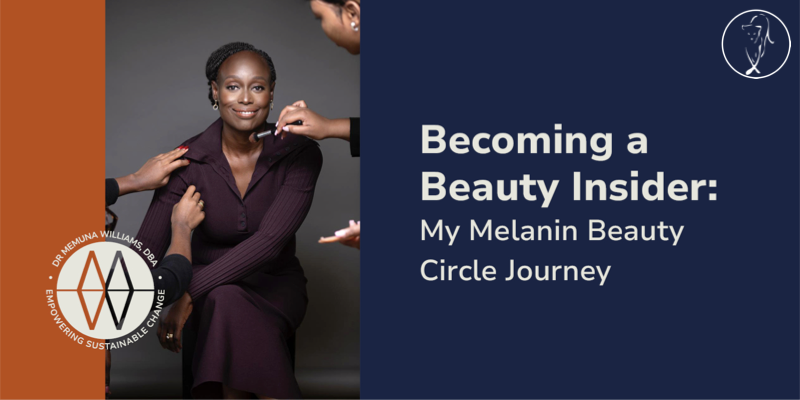I recently had the opportunity to watch The Final Year, an HBO documentary chronicling the last year of President Barack Obama's administration. The film looks into the inner workings of the White House through the eyes of Obama and several of his staff members including Samantha Power, Ben Rhodes, and John Kerry. It highlighted key themes like diplomacy, war and peace, and the impact of decisions made at the highest levels. For me, however, the documentary went beyond politics and brought to light themes that are integral to my work: education, entrepreneurship and leadership.
Citizenship: Our Right and Responsibility
The most poignant takeaway from the documentary came from President Obama’s words: "The most important role in society is not that of president or prime minister, but that of citizen." This sentiment was echoed by Samantha Power, who highlighted that with the privilege of citizenship comes the responsibility to make a difference in the spaces we occupy. This idea of citizenship really struck me. In a world that can sometimes feel chaotic and divisive, I began to reflect: How have I been a citizen today? I realized that being a citizen is not passive—it is active. It is about taking action, driving change, and inspiring those around us to do the same.
Education: Learning Beyond the Classroom
A key citizenship action that the documentary highlighted was the value of education, not just in the traditional sense but through real-world problem-solving. The challenges the diplomats faced required an understanding of history, culture, and strategy. This was a reminder that education goes beyond the classroom; it is about critical thinking, understanding global issues, and learning how to navigate the complexities of the world.
Entrepreneurship: The Spark and the Long Haul
As shown through the journey of Ben Rhodes, inspiration from the actions of active citizens or from events around us can spark pivotal, entrepreneurial moments. For Rhodes, it was the combination of 9/11 and Barack Obama’s speech at a Democratic convention that led him on a life-changing path. This moment of inspiration turned into years of dedication to working with Obama and to him becoming one of Obama's key speechwriters.
What caught my attention was the emphasis on persistence and resilience. The entrepreneurial spirit is not just about the initial spark of an idea—it is about the work and commitment that follow. As John Kerry said in the documentary, real change takes time, and the journey towards it can take long, often requiring us to fight for things that others think are impossible. The documentary made it clear that those who make the most impact are those who stay in the game for the long haul.
Leadership: Beyond the Decisions We Make
One of the standout lessons from the documentary is that driving change is not about brute force. Instead, it showed the significance of how decisions are made. The Obama administration’s emphasis on diplomacy and negotiation demonstrated that leadership is not only about making decisions but also about how those decisions are made. It is about bringing people along, listening to various viewpoints, and ensuring that the outcomes are achieved through mutual respect and agreement.
Samantha Power’s related insight into long-term leadership resonated with me: She called on us to think about what happens when you might no longer be in power and whether your work has been "built to last." Leaders, whether in politics, business, or communities, are caretakers, small links in long chains of history, as Barack Obama mused at the end of the documentary. We must act today in ways that will positively impact future generations, even when the road to those outcomes is challenging.
Empowering the Next Generation
As someone who works in entrepreneurial education, I see the vital role of education in shaping future leaders. Our youth are key players in creating the changes they want to see in the world. Education equips them with the tools to think critically, act strategically, and be catalysts for positive change. As a global citizen and an advocate for entrepreneurship and leadership, I am committed to empowering the next generation to take ownership of their futures and shape their communities.
Conclusion: What Does It Mean to Be a Citizen?
The Final Year reminded me that being a global citizen, like me, means more than having multiple nationalities. Once the decision to act has been made, it means showing up every day with the intention to learn, contribute, inspire, and lead. These reflections on citizenship, entrepreneurship and leadership remind me that we all have the power and responsibility to shape the world around us. I am committed to staying engaged in this kind of work, every day, and to try to inspire others to do the same.
Dr. Memuna Williams has a BA and MA in Translation, an MBA, and DBA. Her doctoral thesis illuminates how SMEs develop social responsibility programs across four phases and 13 categories. Dr. Williams and her husband Victor have three sons. Connect with her at: www.linkedin.com/in/dr-memuna-williams-dba-8193b01
More articles by Memuna


















